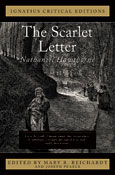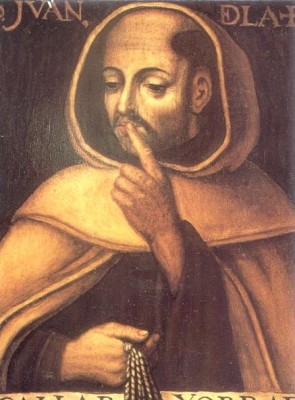Podcast: Play in new window | Download (Duration: 28:53 — 26.4MB) | Embed
Subscribe: Apple Podcasts | Spotify | Amazon Music | Android | Pandora | iHeartRadio | JioSaavn | Podchaser | Gaana | Podcast Index | Email | TuneIn | Deezer | Anghami | RSS | More
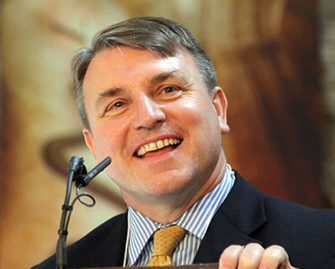
Episode 13 – Bram Stoker and “Dracula” on Great Works in Western Literature with Joseph Pearce
When solicitor’s clerk Jonathan Harker travels to Transylvania on business to meet a mysterious Romanian count named Dracula, he little expects the horrors this strange meeting will unleash. Thus Bram Stoker’s 1897 novel of blood and passion begins, rapidly accelerating from Harker’s nightmarish experiences in Castle Dracula to a full-fledged vampiric assault on late-Victorian London itself. The story, narrated through a collection of documents-primarily journal entries and letters-chronicles the desperate efforts of a band of gentlemen to protect the virtue of their ladies and lay to rest the ancient threat once and for all.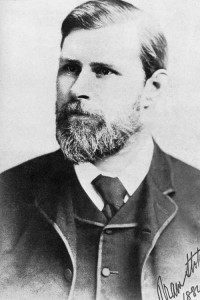
Often vacillating wildly between the terrible and the comic, Dracula at the same time brings to life a host of compelling themes: tensions between antiquity and modernity; the powers and limitations of technology; the critical importance of feminine virtue; the difference between superstition and religion; the nature of evil; and, perhaps most compellingly, the complex relationship between ancient faith and scientific enlightenment. More vivid than any of its varied film adaptations, and over a century after its first publication, Dracula still retains its sharp bite.
Based on the Ignatius Critical Edition, this series examines, from the Judeo-Christian perspective, the life,the times, and influence of authors of great works in literature .
Joseph Pearce is currently the Writer-in-Residence and Visiting Fellow at Thomas More College of Liberal Arts in Merrimack, New Hampshire. He is also Visiting Scholar at Mount Royal Academy in Sunapee, New Hampshire. He is also Visiting Scholar at Mount Royal Academy in Sunapee, New Hampshire. , as well as co-editor of the Saint Austin Review (or StAR), an international review of Christian culture, literature, and ideas published in England (Family Publications) and the United States (Sapientia Press). He is also the author of many books, including literary biographies of Solzhenitsyn, J. R. R. Tolkien, C. S. Lewis, G. K. Chesterton, and Oscar Wilde.
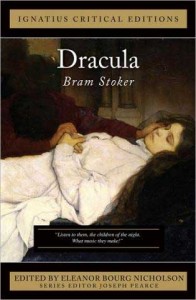 To learn more about the authors and titles available in the Ignatius Critical Editions
To learn more about the authors and titles available in the Ignatius Critical Editions

 Dr. Lilles continues the spiritual explorations of the Letters of St. Elizabeth of the Trinity. In this episode, we discuss letter 158, with a special focus on the nature of mystical and contemplative prayer as described below:
Dr. Lilles continues the spiritual explorations of the Letters of St. Elizabeth of the Trinity. In this episode, we discuss letter 158, with a special focus on the nature of mystical and contemplative prayer as described below:

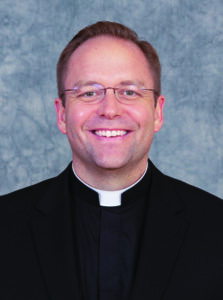
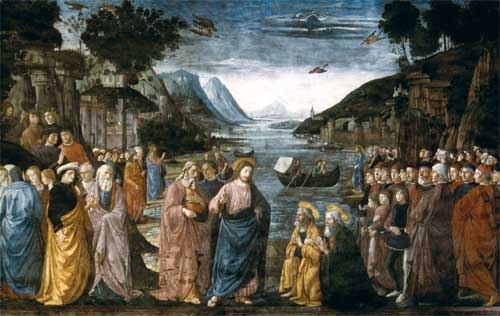
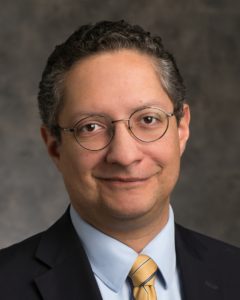 Introduction and Value # 1 – Jesus Christ
Introduction and Value # 1 – Jesus Christ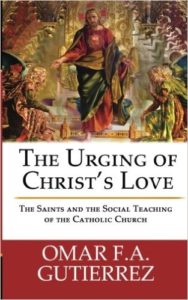

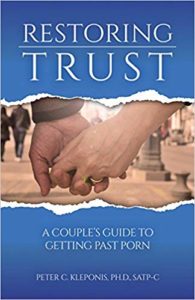
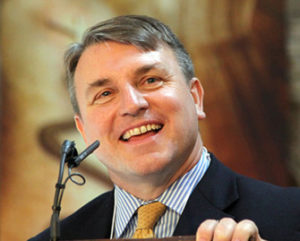
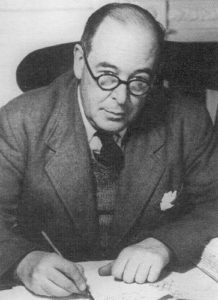 Here is the story of the pilgrim John and his odyssey to an enchanting island which has created in him an intense longing; a mysterious, sweet desire. John’s pursuit of this desire takes him through adventures with such people as Mr. Enlightenment, Media Halfways, Mr. Mammon, Mother Kirk, Mr. Sensible, and Mr. Humanist and through such cities as Thrill and Eschropolis as well as the Valley of Humiliation.
Here is the story of the pilgrim John and his odyssey to an enchanting island which has created in him an intense longing; a mysterious, sweet desire. John’s pursuit of this desire takes him through adventures with such people as Mr. Enlightenment, Media Halfways, Mr. Mammon, Mother Kirk, Mr. Sensible, and Mr. Humanist and through such cities as Thrill and Eschropolis as well as the Valley of Humiliation.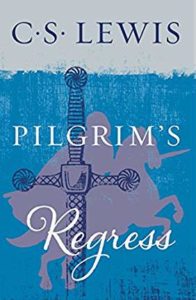
 What a joy to speak with Terry Polakovic about “Life and Love: Opening Your Heart To God’s Design.” Personally, it was an honor and a blessing to talk with the co-founder of “Endow” (Educating on the Nature and Dignity of Women) which is an organization I have greatly admired for many years. This is her first book and she approaches her subject with joy, fascination, and love, especially for the teachings of inspiring pontiffs of the Church like Pope Leo XIII, Bl. Pope Paul VI, and St. John Paul II. This is a must-have book for anyone who wishes to be touched by wisdom and encouraged in “life and love.”
What a joy to speak with Terry Polakovic about “Life and Love: Opening Your Heart To God’s Design.” Personally, it was an honor and a blessing to talk with the co-founder of “Endow” (Educating on the Nature and Dignity of Women) which is an organization I have greatly admired for many years. This is her first book and she approaches her subject with joy, fascination, and love, especially for the teachings of inspiring pontiffs of the Church like Pope Leo XIII, Bl. Pope Paul VI, and St. John Paul II. This is a must-have book for anyone who wishes to be touched by wisdom and encouraged in “life and love.”
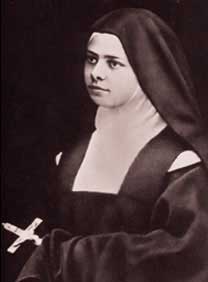
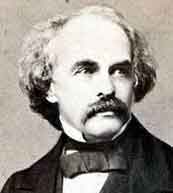 A key figure in the development of American literature, Nathaniel Hawthorne was also profoundly influenced by his ancestors and the Christianity that underscored their Puritan heritage. A literary classic, The Scarlet Letter presents a profound meditation on the nature of sin, repentance, and redemption, and how such Christian concepts may be integrated into American democracy.
A key figure in the development of American literature, Nathaniel Hawthorne was also profoundly influenced by his ancestors and the Christianity that underscored their Puritan heritage. A literary classic, The Scarlet Letter presents a profound meditation on the nature of sin, repentance, and redemption, and how such Christian concepts may be integrated into American democracy.